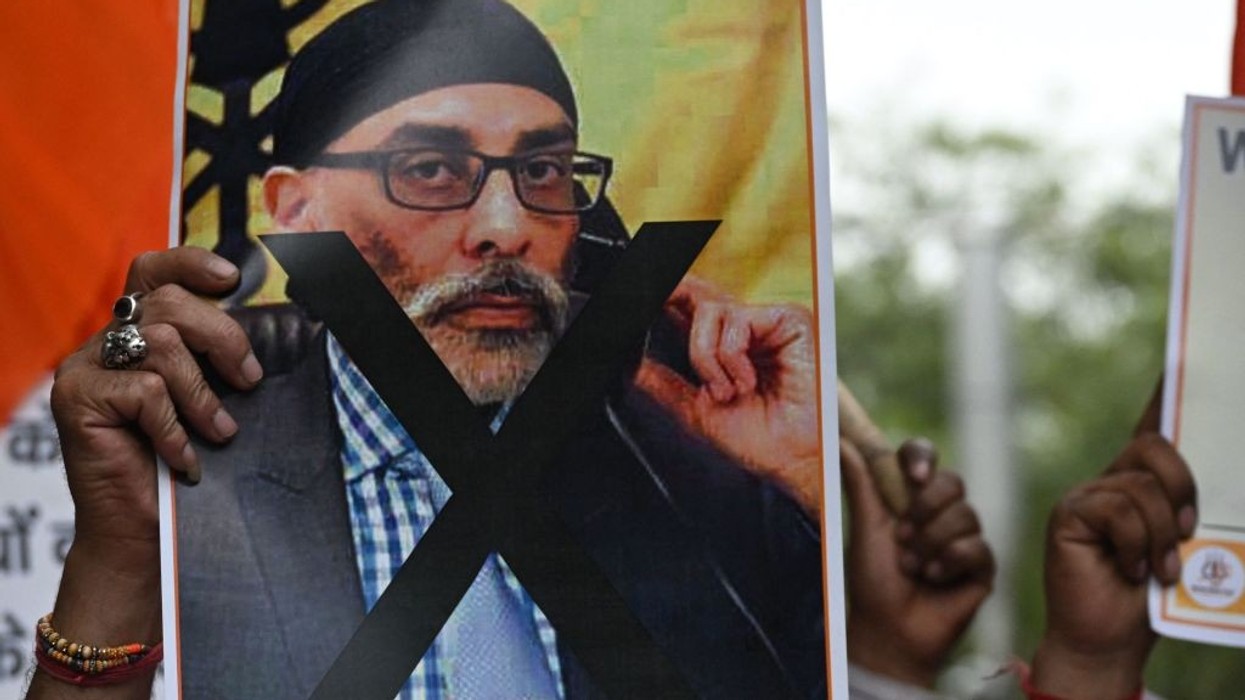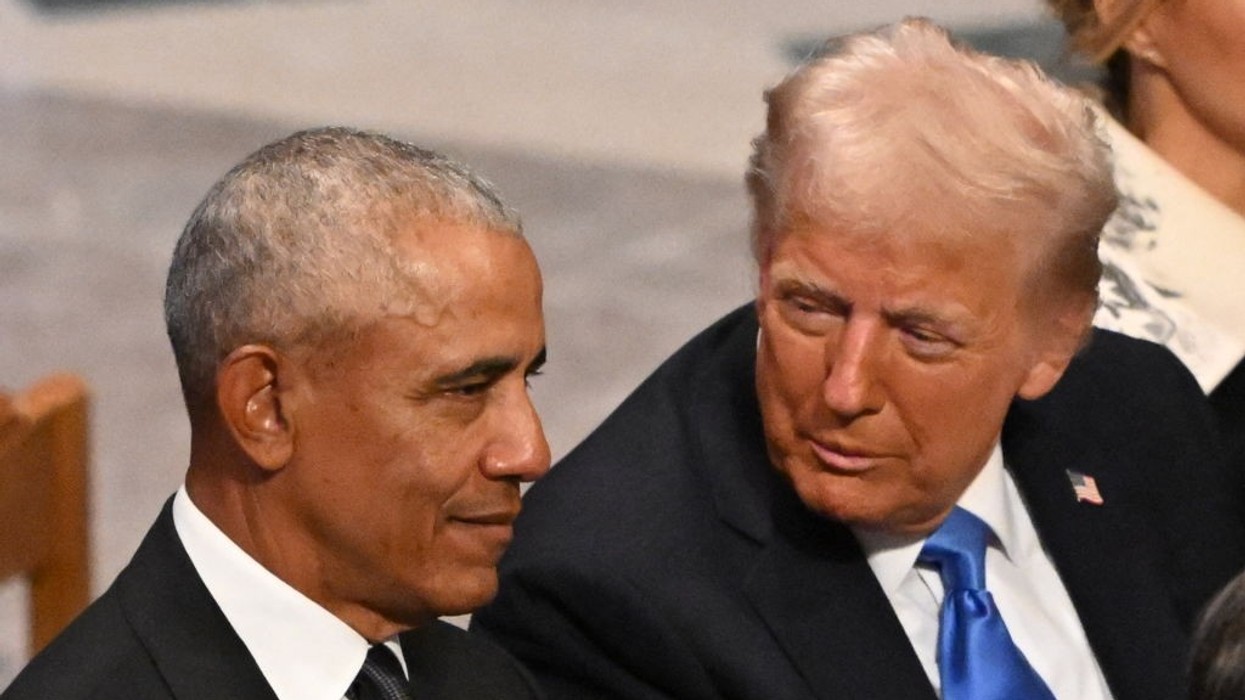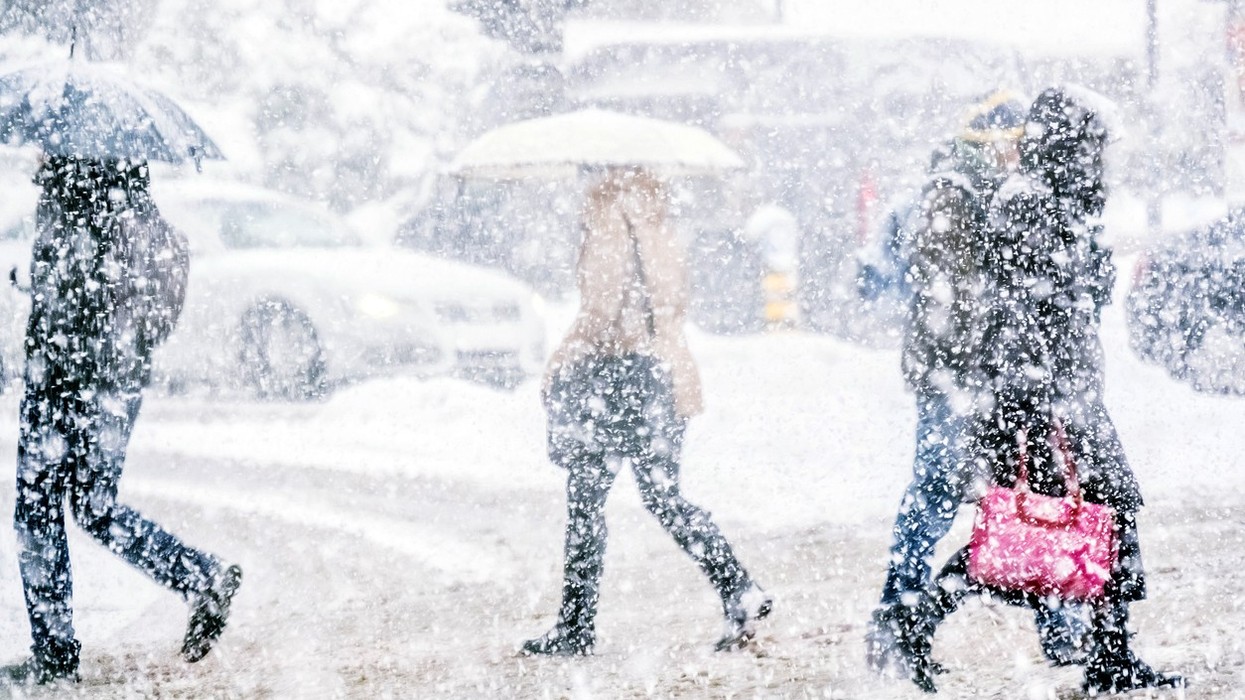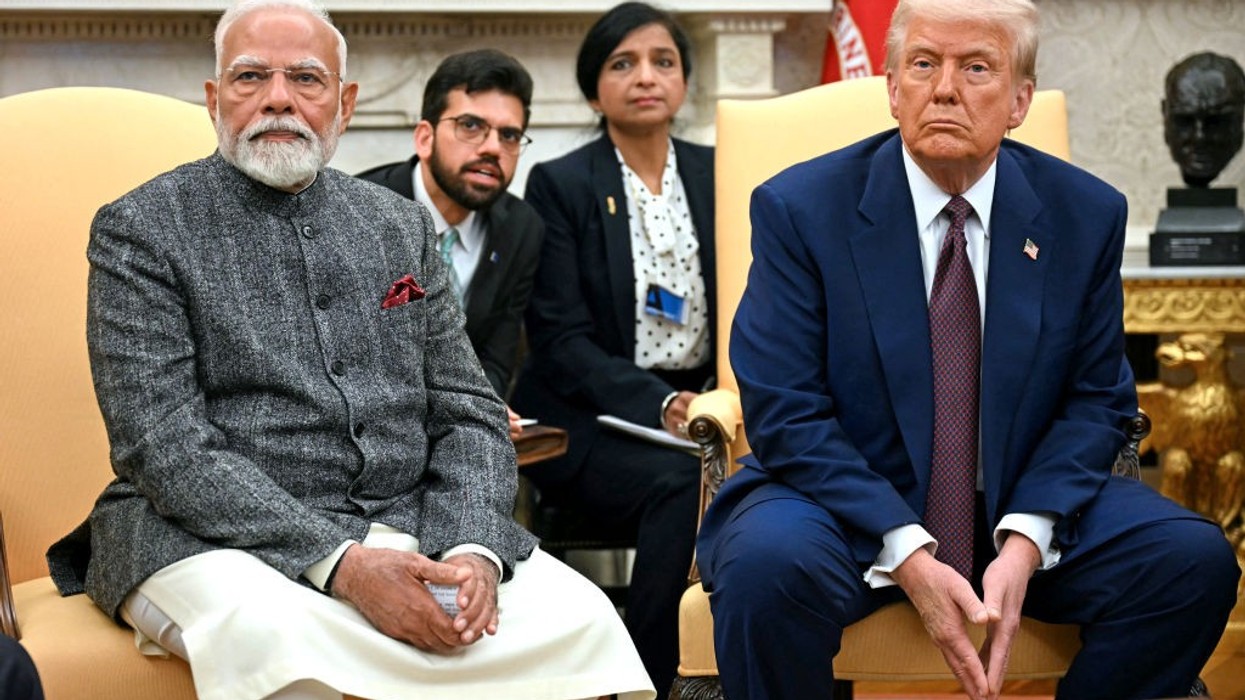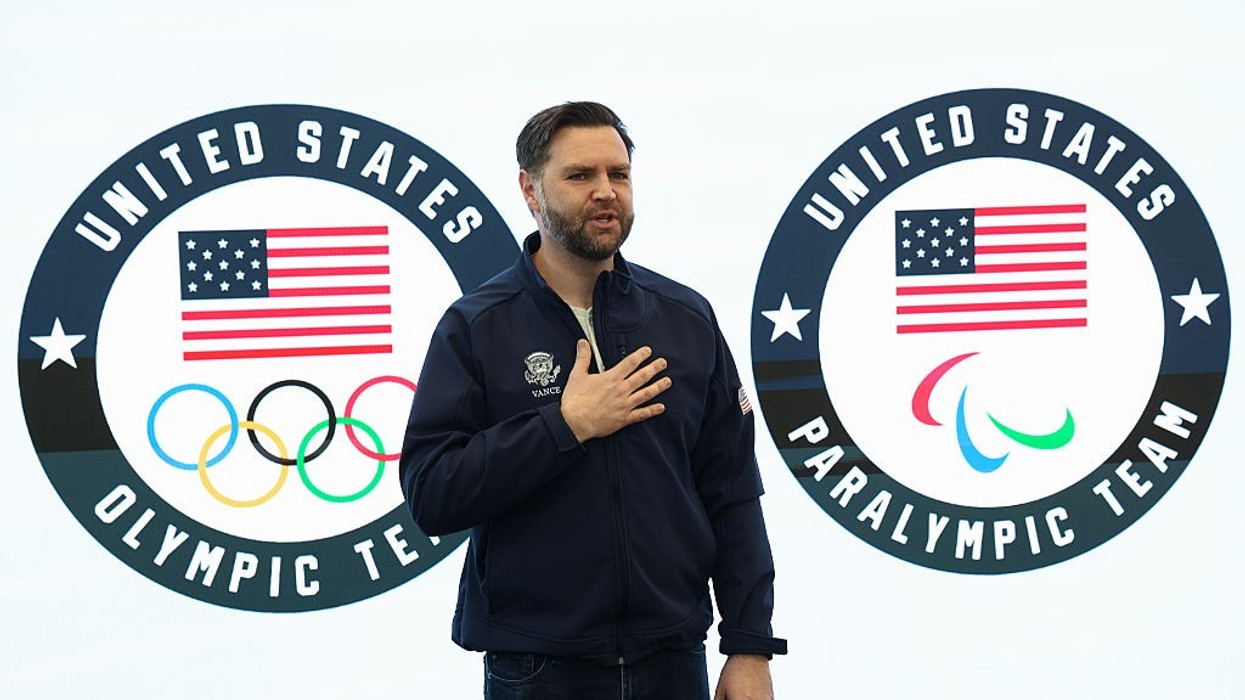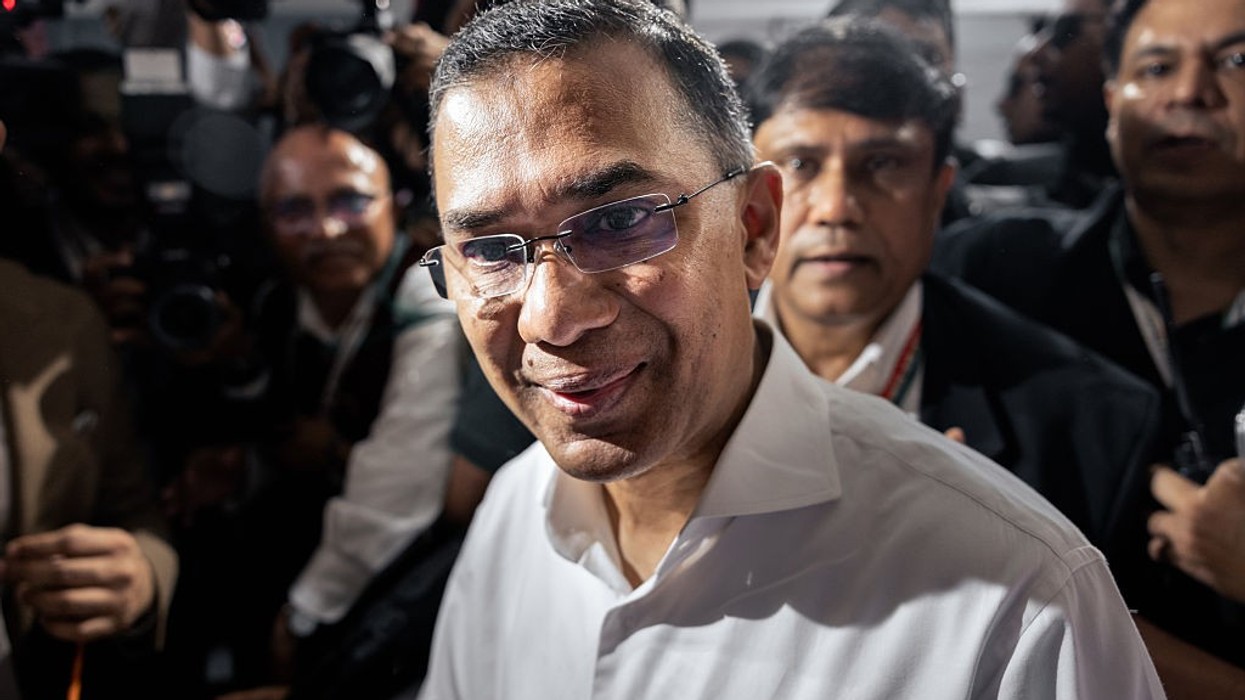Five Highlights:
- DOJ exploring proposals to restrict gun purchases by transgender people, reports say.
- Talks stem from Minnesota church shooting that killed two children, injured 17.
- Suspect identified as transgender, according to Homeland Security Secretary Kristi Noem.
- Trump has earlier banned transgender people from military service and federal IDs.
- Gun Owners of America vows to oppose “any & all gun bans.”
The Trump administration is reportedly in preliminary discussions about restricting gun purchases by transgender individuals in the United States. According to multiple US media sources, including CNN, the Department of Justice (DOJ) is examining whether individuals diagnosed with gender dysphoria—a condition currently classified as a mental disorder in the American Psychiatric Association’s DSM—should be prevented from obtaining firearms. The proposal comes on the heels of a deadly shooting at a Catholic church in Minnesota, where two children were killed and 17 others injured. The suspect, identified as transgender, prompted conversations within the administration about mental health and gun access.
From church shooting to policy talks
The latest policy discussion was triggered by an August 27th shooting in Minneapolis, where Robin Westman, a 23-year-old transgender former student, entered the Annunciation Catholic Church, resulting in two child fatalities and 17 injuries. Surveillance images showed Westman at a Minnesota gun shop prior to the attack. This incident, as described by Homeland Security Secretary Kristi Noem, reignited debates about mental health screening related to gun ownership and catalyzed internal DOJ talks on potentially classifying gender dysphoria as a prohibitive mental illness.
Second amendment, legal concerns, and criticism
The suggestion to bar transgender individuals from buying firearms is highly contentious and pits the Republican Party’s traditional support for gun rights against recent moves to restrict transgender rights. Federal law already prohibits gun ownership for people whom a judge declares “mentally defective.” DOJ officials are considering whether a blanket policy based on gender identity and the diagnosis of gender dysphoria could withstand legal scrutiny under the Second Amendment.
Gun rights advocates, including the Gun Owners of America, have announced vigorous opposition to these proposals, insisting that gun bans based on group identity violate constitutional freedoms. LGBTQ+ advocacy groups, including GLAAD, have also condemned the plan, calling it discriminatory and asserting that it scapegoats a vulnerable minority. A GLAAD spokesperson told CNN, “Instead of actual solutions, the administration is again choosing to scapegoat and target a small and vulnerable population. Everyone deserves to be themselves, be safe and be free from violence and discrimination”.
The data on mass shootings and mental health
Recent revelations highlight that transgender individuals account for a minuscule fraction of US mass shootings. According to a Department of Homeland Security report, less than 2 per cent of such attacks between 2016 and 2020 were carried out by transgender people, with cisgender males responsible for the overwhelming majority. Critics argue that the proposed ban is reactionary and not grounded in overall data, and warn that redefining mental illness to include gender dysphoria could have far-reaching effects on civil liberties and gun access for those with other manageable mental health diagnoses.
Broader transgender rights context
The possible gun ban for transgender Americans aligns with other Trump-era executive orders: banning trans individuals from military service, denying passport corrections for gender identity, and limiting gender-affirming health care. The administration maintains that its current talks are only “preliminary in nature,” and the DOJ has yet to advance a formal criminal justice proposal.
As the debate unfolds, the proposal has already sparked widespread controversy—raising questions about mental health, public safety, constitutional rights, and the growing vulnerability of transgender people in the US.


